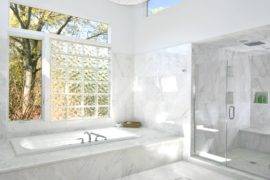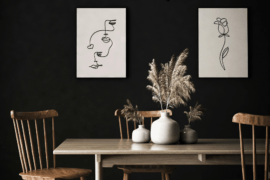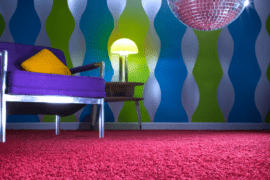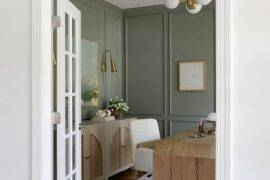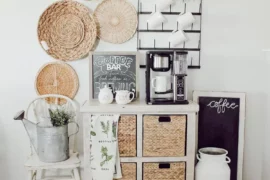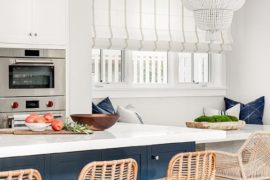Windows are an important architectural feature of any home or office. They allow natural light to enter the space, provide ventilation, and offer an opportunity to enjoy the outdoor view. However, it is also important to consider the privacy and light control that windows require, which is where window blinds come in.
Blinds are a popular window treatment that offers a range of different benefits. They can be used to control light, provide privacy, and add a decorative element to the space. In this article, we will explore the different types of blinds for windows that are available in the market today, along with their features and benefits. Whether you are looking for a classic design, modern style, or eco-friendly option, there is a blind that can perfectly suit your needs and preferences. So, if you are considering window treatments for your home or office, read on to discover the different types of blinds available and how they can enhance your space.
Importance of Window Blinds
Blinds are an essential element for any window, as they provide much-needed privacy, regulate the amount of sunlight entering the room, and help to maintain a comfortable temperature inside the property.
Light Control
One of the primary benefits of blinds is their ability to control the amount of light entering the room. Whether you want to let in a little bit of light or completely block it out, blinds can be adjusted to suit your preference. This makes them ideal for bedrooms, where you may need to sleep during the day or for living rooms where you want to avoid glare on your TV.
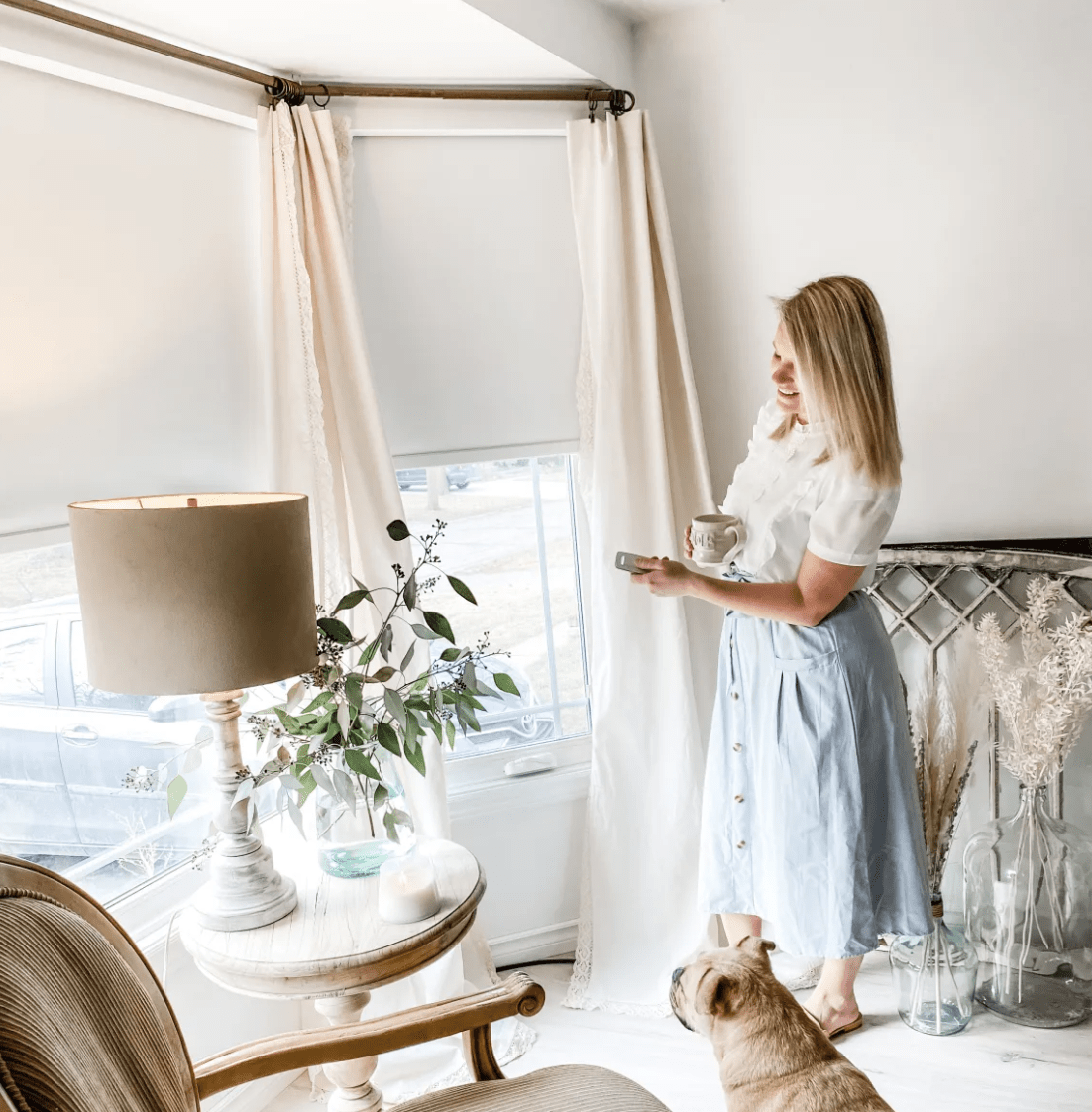
Temperature Control
In addition to controlling the amount of light, blinds can also help regulate the temperature inside the property. During the summer, blinds can be closed to keep the room cool, while in winter, they can be opened to allow sunlight to enter and warm up the room. This makes them an essential part of any energy-efficient home, as they can help to reduce your heating and cooling costs.
Privacy
Another benefit of blinds is their ability to provide privacy. Whether you live in a busy city center or a quiet suburban street, you may not want people to see inside your home. Blinds provide a level of privacy that curtains cannot match, allowing you to relax and enjoy your home without worrying about prying eyes.
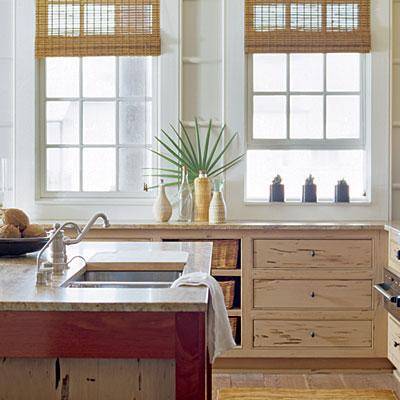
Types of Window Blinds
Among the most popular window treatments are vertical blinds, horizontal blinds, mini blinds, and roman shades.
Vertical Blinds
Vertical blinds are window treatments that consist of slats or vanes that hang from a headrail. They are usually made of vinyl, PVC, fabric, or wood, and they can be adjusted by tilting the slats or drawing them across the window. The slats can be made in various widths, textures, and colors, depending on the desired style and function.
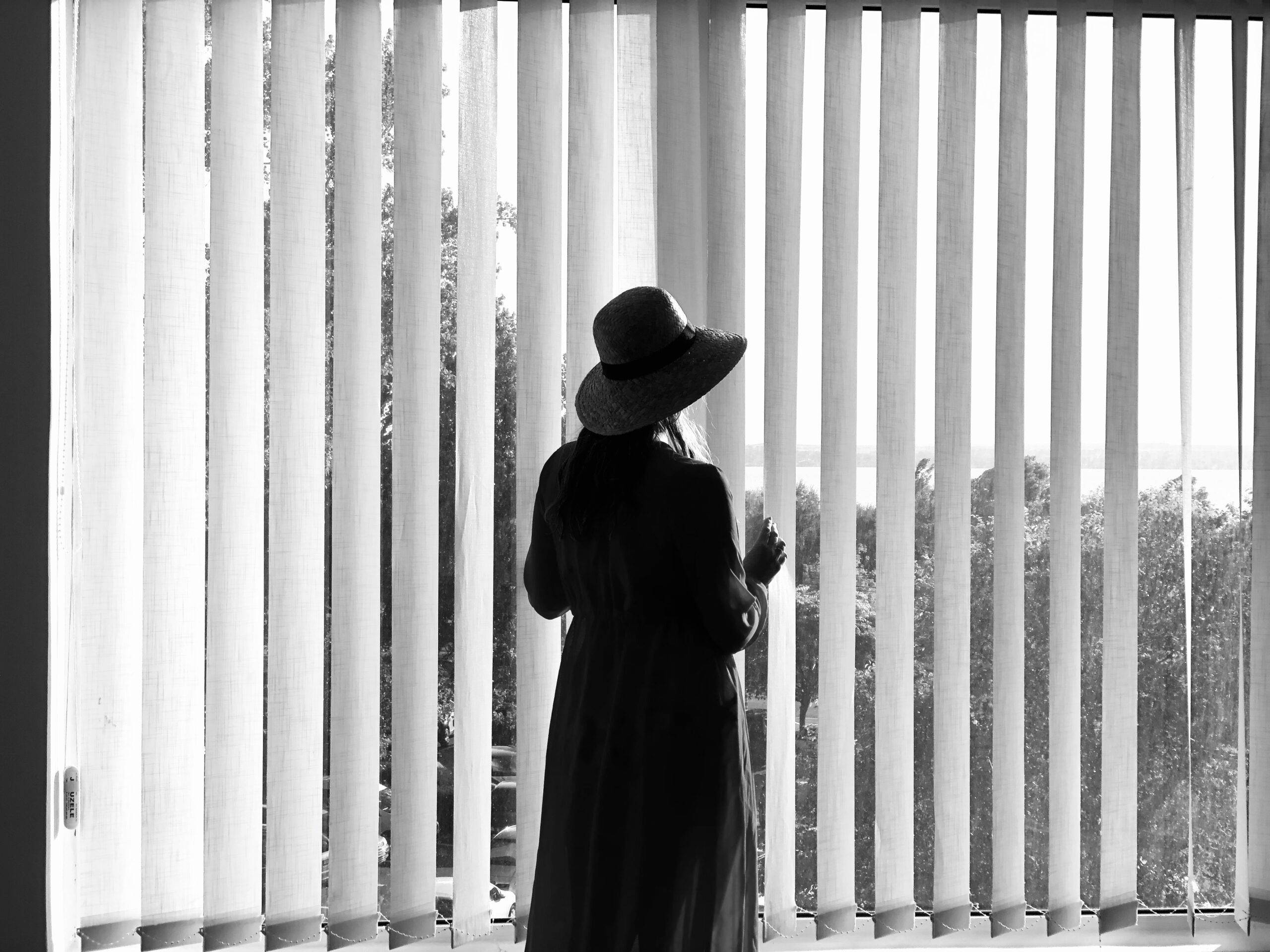
Materials used for vertical blinds can vary. Vinyl is a common material, as it is affordable and durable. PVC is also popular because it is lightweight and easy to clean. Fabric is another great choice, as it offers more texture and pattern options. Finally, wood vertical blinds provide a warm, natural look that can complement many decor styles.
The benefits of vertical blinds include their versatility, as they can be used in a variety of rooms and window sizes. They can also help to regulate the amount of light and heat that enters a room, and they are easy to clean and maintain. However, vertical blinds can be noisy when they move, and they may not provide complete privacy.
Vertical blinds are suitable for large windows, sliding glass doors, and rooms with high ceilings. They are often used in living rooms, dining rooms, and bedrooms.
Horizontal Blinds
Horizontal blinds are window treatments that consist of slats that run horizontally across the window. They are typically made of aluminum, wood, or faux wood, and they are adjusted by tilting the slats or raising and lowering the entire blind.
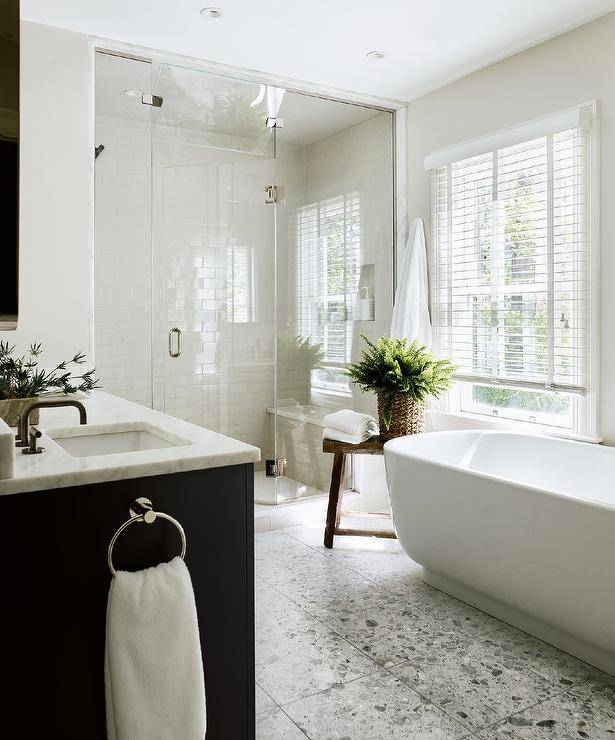
Materials used for horizontal blinds can vary. Aluminum is a common material, as it is lightweight and affordable. Wood and faux wood are also popular, as they provide a warm, natural look and excellent insulation.
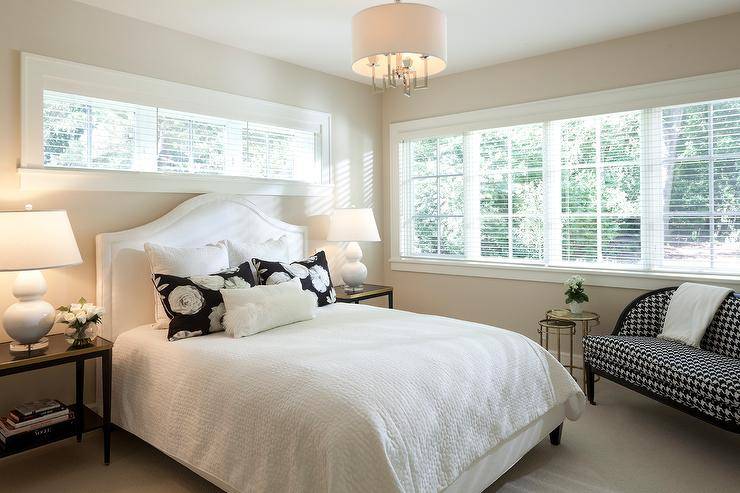
The benefits of horizontal blinds include their ability to provide privacy, light control, and insulation. They are also easy to clean and maintain. However, horizontal blinds can be difficult to operate if they are oversized, and they may not be suitable for rooms with high humidity.
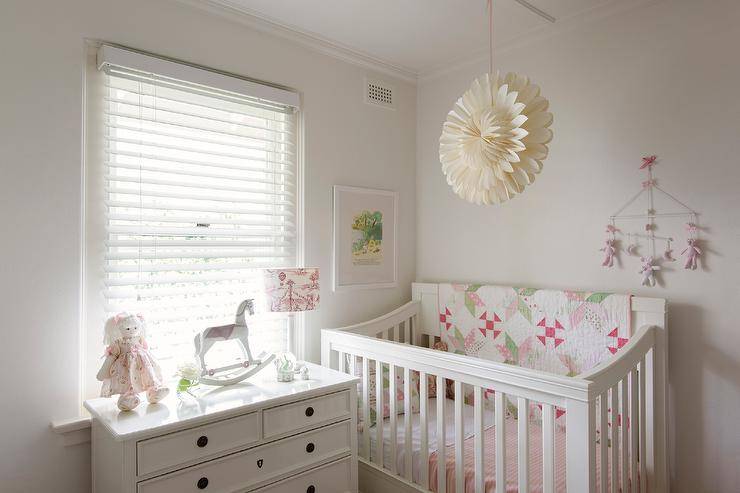
Horizontal blinds are suitable for most rooms, including living rooms, bedrooms, and kitchens.
Mini Blinds
Mini blinds are window treatments that consist of narrow slats that run horizontally across the window. They are typically made of aluminum or vinyl, and they are adjusted by tilting the slats or raising and lowering the entire blind.
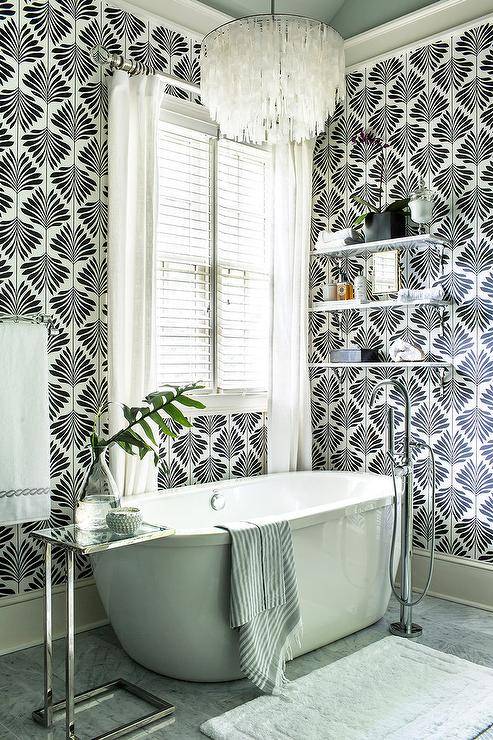
Materials used for mini blinds are usually aluminum or vinyl due to their durability and affordability. Both materials are also easy to clean and maintain.
The benefits of mini blinds include their affordability, versatility, and ease of use. They can be used in a variety of rooms and window sizes, and they provide excellent light control and privacy. However, they may not provide as much insulation as other window treatments, and they can be noisy when they move.
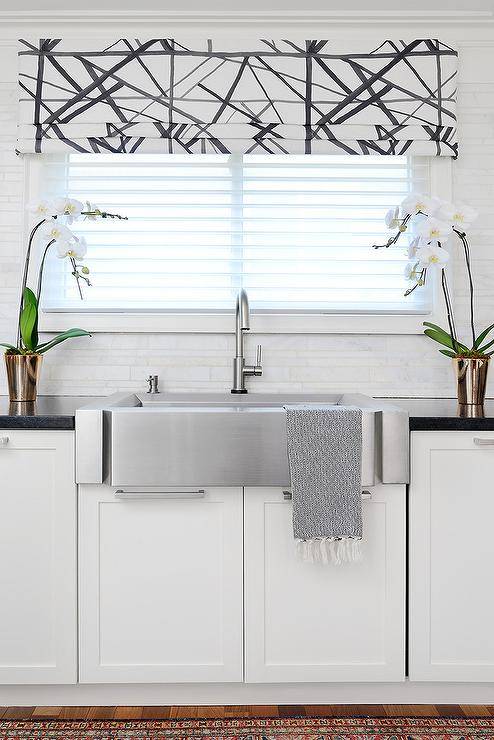
Mini blinds are suitable for most rooms, including living rooms, bedrooms, and kitchens.
Roman Shades
Roman shades are window treatments that consist of a continuous piece of fabric that folds into pleats when raised. They are typically made of cotton, linen, or silk, and they are adjusted by pulling on a cord or a motorized mechanism.
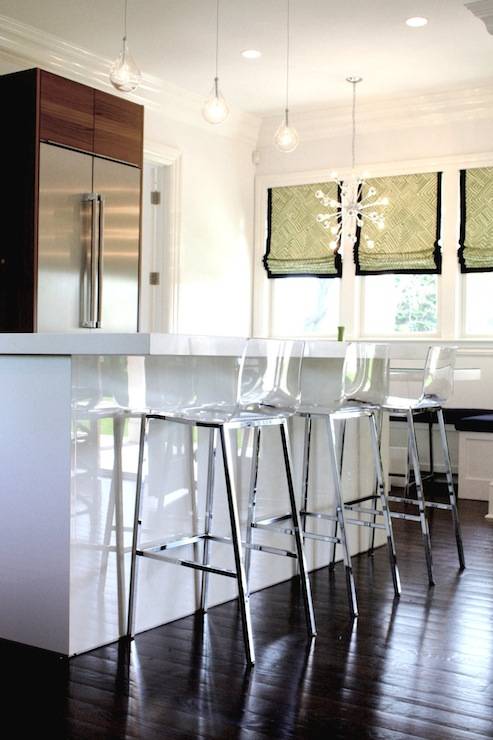
Materials used for roman shades can vary. Cotton and linen are popular for their natural look and texture, while silk provides a luxurious feel. They can also come in a variety of patterns and prints.
The benefits of roman shades include their versatility, as they can be used in a variety of decor styles. They also provide excellent light control and insulation, and they can add a softness and elegance to a room. However, they may be difficult to clean and maintain, and they may not provide complete privacy.
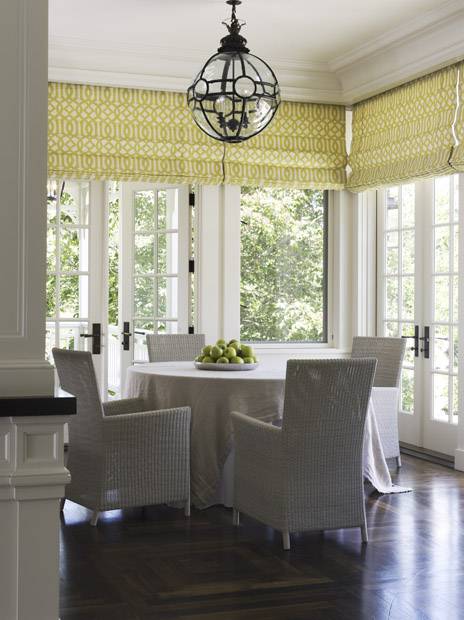
Roman shades are suitable for living rooms, bedrooms, and dining rooms. They can also be used in bathrooms and kitchens, but they should be made of moisture-resistant materials.
There are many different types of blinds to choose from, each with their own unique benefits and features. Whether you’re looking for something stylish and modern, or functional and practical, there is a type of blind that will suit your needs. From traditional wooden shutters to contemporary roller blinds, each option offers its own set of advantages.
Ultimately, the choice of blind type will depend on your personal preferences, budget, and the specific requirements of your living space. With so many options available, it’s easy to find the perfect blinds to enhance the functionality and aesthetic appeal of your home.
Frequently Asked Questions (FAQ)
What are the different types of blinds for windows?
There are several types of blinds for windows, including vertical blinds, roller blinds, Roman blinds, venetian blinds, cellular blinds, and panel track blinds.
What are vertical blinds?
Vertical blinds are window coverings made up of vertical slats that are connected by a chain or cord. They are often used for large windows or sliding glass doors.
What are Roman blinds?
Roman blinds are window coverings made up of fabric that folds up and down in sections. They are often used in bedrooms, living rooms, and dining rooms.
What are blackout blinds and when should I use them?
Blackout blinds are designed to block out all light, making them ideal for bedrooms, nurseries, and movie rooms.
How do I clean my blinds?
The best way to clean your blinds depends on the type of blinds you have. Venetian blinds can be wiped down with a damp cloth, while roller blinds can be gently vacuumed. Vertical blinds can be wiped down with a damp sponge, and Roman and cellular blinds should be cleaned with a soft brush attachment on a vacuum.
